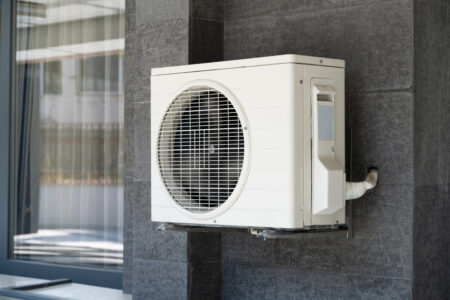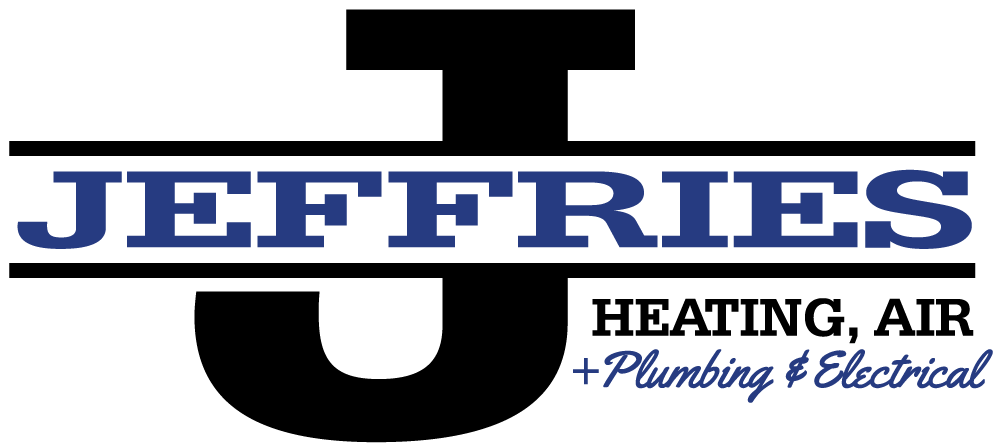Can I Use My Heat Pump for Cooling Too?

If you use a heat pump to heat your Somerset, KY, home or considering installing one, you’re at the cutting edge of efficiency. According to the National Renewable Energy Laboratory (NREL), heat pumps can cut greenhouse gas emissions from the residential sector by as much as 64%. Moreover, not only can a heat pump help you reduce your carbon footprint, but it can also lower your energy bill. Heat pumps can function up to 400% efficiently under best-case operating conditions. Best of all, these appliances provide reliable, year-round climate control. The same heat pump you use for winter heating can also cool your home in summer.
Heat Pumps and Air Conditioners
During the summer months, heat pumps and ACs are functionally identical. They cool homes in the same way. Both systems draw warm air from building interiors and pass it over their refrigerant-filled evaporator coils. This icy refrigerant absorbs heat so that conditioned air feels frosty when distributed. The absorbed heat, along with excess humidity, is then routed outdoors.
Heat pumps cool air, filter air, and extract excess moisture like air conditioners. Heat pumps extract heat from the outdoor air and move it inside in winter. If you already have a heat pump installed for heating, it will automatically reverse its operations when the weather grows warmer. Heat pumps have built-in reversing valves that toggle them into heating or cooling mode as needed.
Maintaining a Heat Pump for Year-Round Use
You’ll need to give extra care when you use a heat pump for year-round climate control. While furnaces and air conditioners require professional service just once each year, heat pumps need tune-ups before the heating season and again before the cooling season arrives. This gives HVAC technicians the chance to:
- Test, clean, and calibrate thermostats
- Lubricate moving parts
- Check refrigerant levels
- Inspect and clean evaporator and condenser coils
- Clean condensate drain pans, lines, and drains
Pre-summer and pre-winter maintenance are also important for verifying the functionality of reversing valves. After all, if a heat pump’s reversing valve isn’t working, it won’t be able to rise to the challenges of each season.
How To Get the Most From Your Heat Pump Throughout the Year
Heat pumps are fast-replacing air conditioners in the homes of eco-conscious and budget-savvy consumers nationwide. With efficiency levels as high as 400%, these appliances can produce four times as much heating and cooling energy as they consume in electricity. Even the most efficient air conditioners can’t match this.
Rather than cooling, heating is where some heat pumps struggle. Many low-end or entry-level heat pumps have difficulty extracting heat from the outdoor air once temperatures dip below freezing. However, low-ambient heat pumps can continue sourcing and transferring heat and operating at impressive levels of efficiency even when temperatures dip as low as 0 degrees Fahrenheit. Thus, with the right heat pump, you only need one HVAC appliance for all your climate control needs.
Hybrid Heating Systems
Some homeowners install hybrid heating systems because temperatures in Somerset often fall as low as 20 degrees Fahrenheit. These systems pair heat pumps with gas-fired furnaces for air conditioning, heating in moderate weather, and heating in low-ambient conditions.
What To Expect When Having a Heat Pump Installed
If you currently have a central air conditioner, putting a heat pump in will be quite similar. Heat pumps have outdoor condenser/compressor units and indoor air handlers like air conditioners. Their condensers are installed on stable, composite, or concrete pads in back or side yards. Heat pump condensers are connected to indoor air handlers via electrical wiring and copper refrigerant tubing. Given the many similarities between these two HVAC equipment types, you won’t need much additional space for storage when making this transition. Your new heat pump’s condenser might be larger than your old air conditioner’s, but not by much.
Installing a heat pump for whole-house cooling also means upgrading to a more eco-friendly refrigerant. Many new ACs and heat pumps use innovative Opteon refrigerants. Unlike Freon and Puron, Opteon doesn’t add ozone-depleting hydrochlorofluorocarbons (HCFCs) or hydrofluorocarbons (HFCs) to the environment.
We can help you find the most efficient and cost-effective home cooling solution. We provide exceptional heating, cooling, plumbing, and electrical services to residents of Somerset, KY, and the surrounding communities. To find out about our HVAC preventative maintenance plans, indoor air quality improvements, or heat pumps, give Jeffries Heating & Air + Plumbing a call now.
